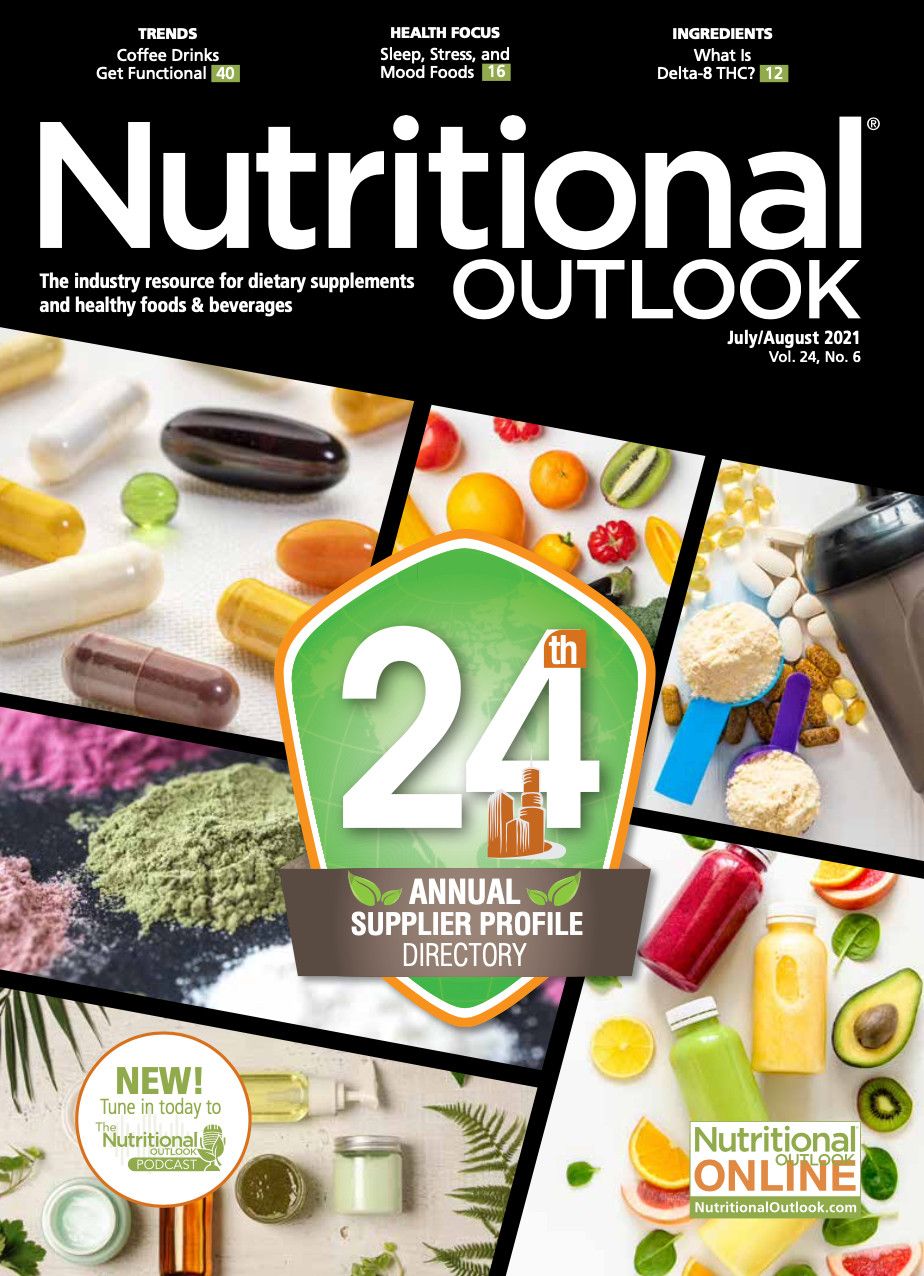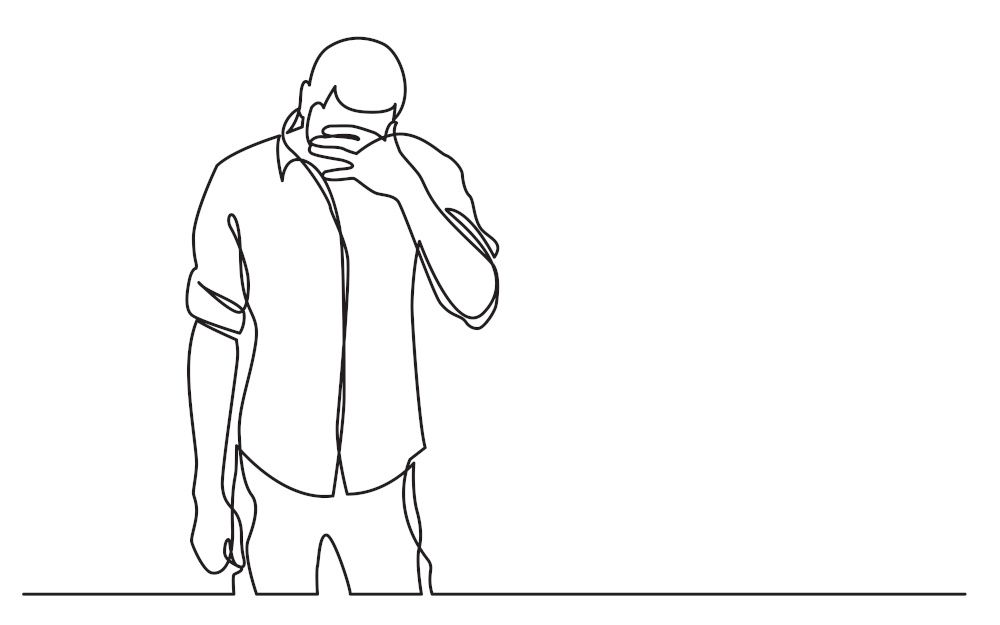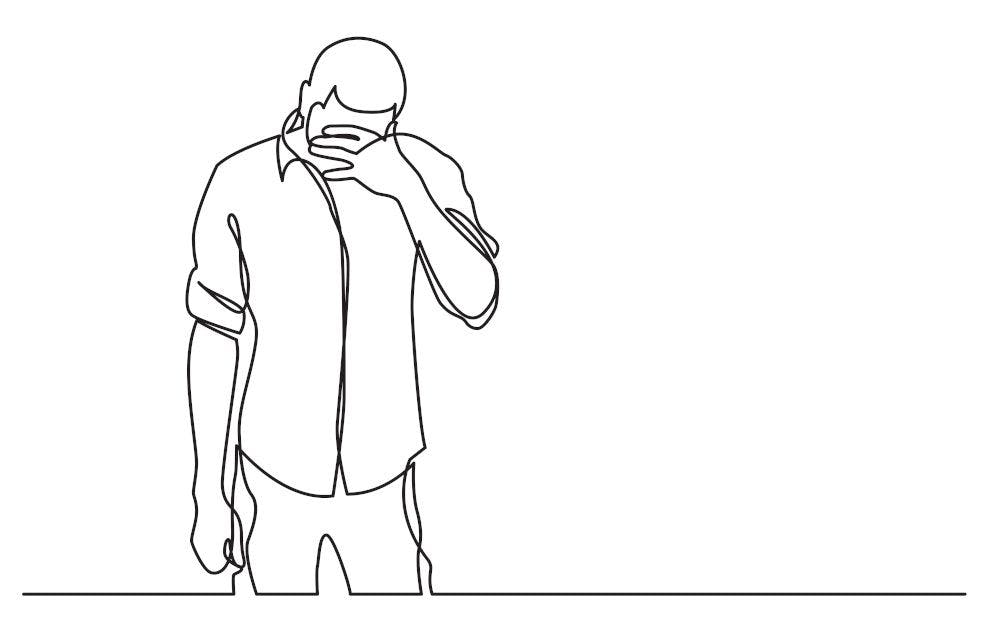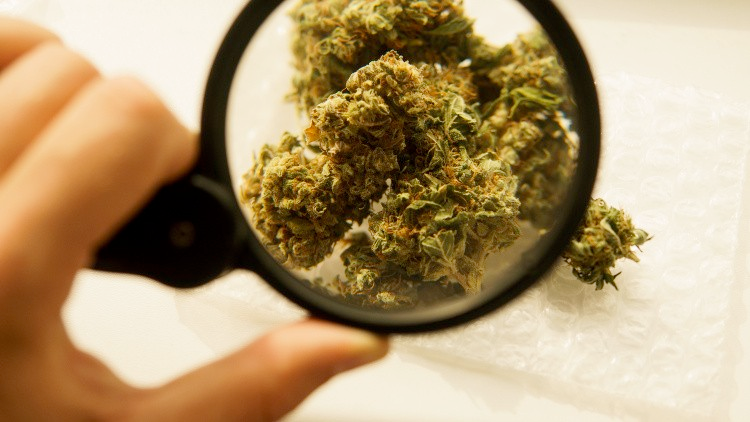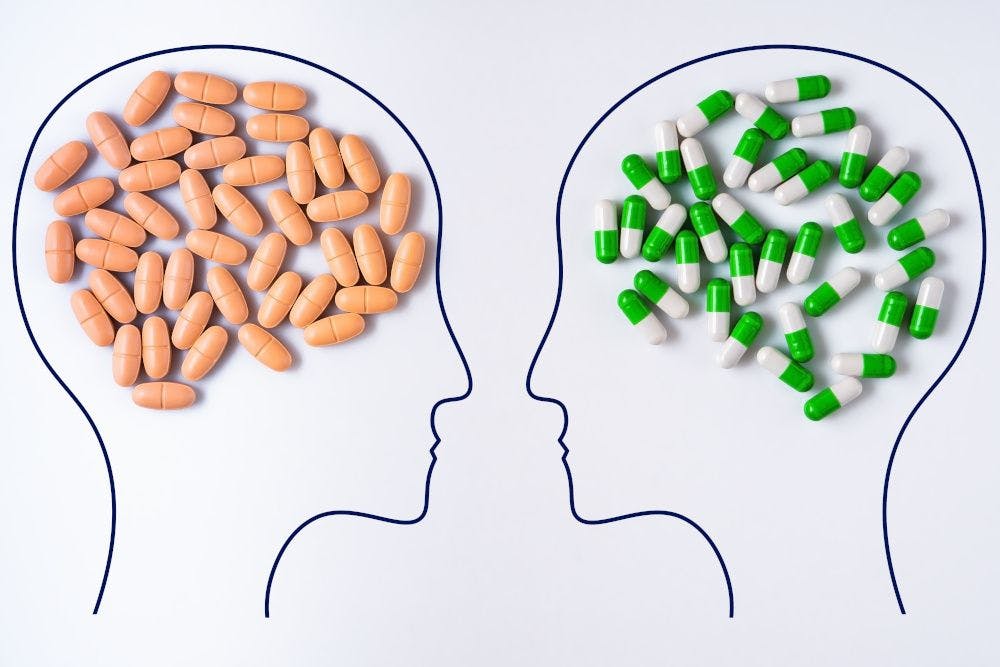Comfort Food: Foods and beverages deliver sleep, stress, and mood relief in turbulent times
Formulators will have to approach the task of developing mood foods and beverages differently from how they’d build a traditional supplement.
Eat your feelings: It’s a saying—and a strategy—that plenty of us have grown familiar with over the past year and a half.
And who could blame us? In the midst of a year that’s rendered words like challenging and unprecedented cliché, it’s only natural to seek comfort. And at a fundamental level, comfort is a lot of what eating is about. (Just ask any recently fed baby.)
But while some have found their emotional Band-Aid in a bowl of ice cream or homemade brownie, others seek a more mindful approach to eating their feelings.
In so doing, they’re inspiring wellness brands to use foods and beverages as vehicles for destressing, calming, and sleep-promoting ingredients—ingredients that have heretofore been the province primarily of supplements. The results are gaining traction and putting a scientifically substantiated spin on the concept of “comfort food.”
A Nation on Edge
The reawakening to wellness that consumers experienced in 2020 will go down in history as one of COVID-19’s unanticipated side effects. But just as striking, says Itay Shafat, cognitive health product manager, IFF Health (New York City), was the “holistic” tone that reawakening took.
“It’s remarkable how much consumers have shifted from centering their idea of health and well-being around the physical alone to recognizing that mental and physical health complement each other,” he notes. And that recognition won’t go away with the coronavirus.
Why? Because the stress, anxiety, poor sleep, and even sadness plaguing the collective psyche of late merely amplify emotions that modern society’s been managing for generations now.
Consider that while Kaiser Family Foundation data1 show that as many as four in 10 American adults reported symptoms of anxiety or depressive disorder during the pandemic, a notable 11% were already reporting those same symptoms in the January-to-June period of the previous year.
“Thus,” Shafat concludes, “continuing to address issues like stress and sleep are of the utmost importance.”
Julia Díaz, head of marketing, Pharmactive (Madrid), agrees. “The world is still awaiting full recovery from this crisis,” she points out. “So maintaining mental strength to cope with the ‘new normal’ atop all the pandemic’s lingering effects remains a must-have for consumers.”
Demand for stress-management, mood-support and sleep supplements reflects that must-have status. SPINS2 reported a 35.7% increase in sales of such products across mass and natural channels year-over-year, with their take totaling nearly $400 million from January to June of 2020, compared to $294 million for the same period in 2019.
Mood Foods—and Drinks
But supplements are only where the story gets started. According to a 2020 FMCG Gurus survey on the pandemic’s effects—conducted for functional-ingredient supplier Beneo (Parsippany, NJ)—55% of consumers in the market to improve their mental well-being are likely to opt for a food or drink as a means of doing so. And a whole constellation of factors drives them toward that decision.
Pill fatigue, of course, is one, as is the aforementioned practice of comforting oneself with food and drink.
“It’s well known that tasty foods exert a comforting effect and are widely adopted coping mechanisms,” Díaz notes. And with some continuing pandemic restrictions extending consumers’ sense of cabin fever, “the temptation to snack becomes even greater,” she says.
Shafat notes that mood foods and drinks make the most sense when their constituent ingredients connote an association with calm and relaxation. “In the case of stress, for example,” he says, “teas made with chamomile, lemon balm, cinnamon, rhodiola, and other extracts with proven, or at least publicly accepted, benefits can help to address it.”
Díaz detects an echo between consumers’ adoption of mood foods and “the growing awareness of self-care and healthy habits,” which she says can include everything from choosing organic produce to reducing sugar consumption.
And Shafat cites a very practical reason for using food to improve mood: “Many active ingredients are better absorbed when taken with food,” he says. “And liquid formats like beverages move more quickly through the GI tract.” By contrast, supplement capsules and tablets must disintegrate first before allowing their actives to dissolve and the body to absorb them, he says.
Relaxing Actives
As for which mood-improving ingredients are getting play in food and beverage formulations, both Díaz and Shafat shine a spotlight on botanicals. Díaz sees the plant-based ingredients as capitalizing on their “long history of traditional use to aid sleep and induce calm.” That history not only strikes consumers as “natural” and evokes their trust; on the manufacturing side, it can also relieve brands of the regulatory concerns surrounding ingredients like CBD.
Díaz notes that sales of Affron, Pharmactive’s natural saffron (Crocus sativus L.) extract, have been rising in concert with demand for calming formulations.
Previous clinical studies have established its capacity to support mood and relaxation, relieve stress and improve sleep, she notes, while adding that a recent clinical study3 of 12- to 16-year-olds with mild to moderate anxiety and depression showed that subjects who took the extract over an eight-week period experienced improvements in symptoms.
The extract’s proposed mechanism of action rests on its antioxidant and anti-inflammatory properties, which may help balance levels of key neurotransmitters like serotonin and dopamine while also fighting the oxidative stress that anxiety and stress can trigger in the brain.
Meanwhile, Shafat looks to the gut-brain axis for further hints as to where mood food may be headed.
“As consumers begin to understand the connection between our brains and our microbiome more widely,” he says, “the category of probiotic-fortified foods and beverages for stress and mood should grow.”
Probiotics are already building a track record in this arena. A randomized, double-blind, placebo-controlled study4 involving 120 healthy subjects aged 18 to 45 found that IFF’s Howaru Calm probiotic (Lactobacillus paracasei Lpc-37) improved psychological and physiological markers of stress and anxiety in subjects who took the ingredient.
“That’s a big development,” Shafat says. “It gives consumers a scientifically proven way to manage daily stress by taking a probiotic they can buy online or in a store.”
Working Out the Kinks
Formulators will have to approach the task of developing mood foods and beverages differently from how they’d build a traditional supplement. As Shafat cautions, “Adding any functional ingredient to a food or beverage poses challenges to processing, shelf stability, solubility, taste, and more.”
And as any food or beverage developer knows, “Consumers drink and eat what’s tasty,” Shafat says. “That’s driving the industry’s focus toward adapting these ingredients—many of which are bitter—to foods and beverages using ingredients like flavor maskers.”
It’s not just product appeal that hangs in the balance, either; it’s consumer compliance. After all, a mood-enhancing food or drink will only work if consumers feel compelled to consume it on the regular. “These products have to be linked to daily, rather than occasional, consumption,” Díaz says. “Natural solutions usually work better this way.”
Brands also must remain measured in making promises for their products. Díaz reiterates the importance of drawing hard lines at claiming to diagnose, cure, mitigate, treat, or prevent disease. And she encourages brands to support any claims they do make with rigorous scientific evidence.
As research into mood-enhancing actives proceeds, that evidence will only mount. Says Shafat, “New research on mood and relaxation is taking place to offer more substantiation for active ingredients. This will result in more acceptable mood-food and -beverage formulations for both the industry and consumers.”
Reference
- Panchal N et al. “The Implications of COVID-19 for Mental Health and Substance Use.” Kaiser Family Foundation website. Published February 10, 2021. Accessed here.
- Daniells S. “Stress Management Supplements Sales Surge with Sleep and Adaptogen Lines Leading the Way.” Nutraingredients-USA.com. Updated August 18, 2020. Accessed here.
- Lopresti AL et al. “Affron, a standardized extract from saffron (Crocus sativus L.) for treatment of youth anxiety and depressive symptoms: a randomized, double-blind, placebo-controlled study,” Journal of Affective Disorders. Published online February 26, 2018.
- Patterson E et al. “Lacticaseibacillus paracasei Lpc-37® improves psychological and physiological markers of stress and anxiety in healthy adults: a randomized, double-blind, placebo-controlled and parallel clinical trial (the Sisu study).” Neurobiology of Stress. Published online November 24, 2020.
